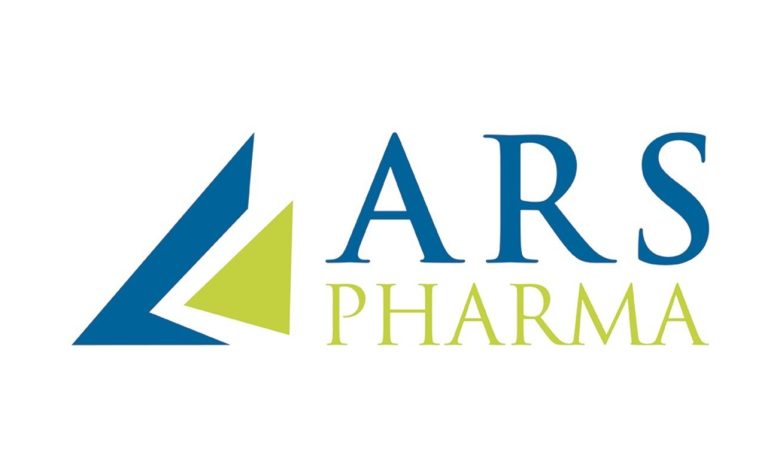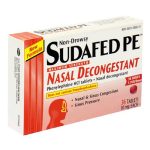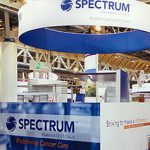FDA Jettison Panel Recommendation Declines Approval For Needle-Free Alternative to EpiPen

The U.S. Food and Drug Administration (FDA) has made an unexpected decision by choosing not to approve a needle-free alternative to the EpiPen for the emergency treatment of severe allergic reactions. This decision came as a surprise, especially after an FDA advisory panel had recommended the approval of the Neffy nasal spray for both children and adults in May. Although the FDA is not legally bound to follow the advice of its advisory panels, it usually does so.
Instead of granting approval, the FDA has instructed ARS Pharmaceuticals, the maker of Neffy, to conduct another study on the drug before it can receive regulatory clearance. This development has left many in the medical community and those who suffer from severe allergies disappointed.
Richard Lowenthal, co-founder, president, and CEO of ARS Pharmaceuticals, expressed his disappointment, stating that this decision would further delay the availability of Neffy, which could potentially save lives. He highlighted the extensive data package and comprehensive registration program that had been developed in cooperation with the FDA and emphasized the value that Neffy could offer to patients, families, and caregivers dealing with severe allergic reactions. ARS Pharmaceuticals has committed to completing the required trial as quickly as possible.
The decision was met with disappointment from healthcare professionals as well. Dr. Scott Sicherer, director of the Elliot and Roslyn Jaffe Food Allergy Institute at Mount Sinai in New York City, expressed his disappointment, emphasizing the need for additional options for people at risk of severe allergic reactions.
Both Neffy and the EpiPen deliver epinephrine, a crucial medication that works by relaxing the muscles in the airways. Neffy is administered as a nasal spray, while the EpiPen is given as an injection into a large muscle, typically the thigh.
Severe allergic reactions, known as anaphylaxis, can manifest suddenly with symptoms like difficulty breathing and swallowing, hives, nausea, and vomiting when a person is exposed to a triggering food, medication, or insect sting. The prompt administration of epinephrine can halt this potentially life-threatening sequence of symptoms.
Neffy was anticipated to provide the first needle-free option for treating severe allergic reactions, which would have been particularly beneficial for individuals with needle phobia or anxiety about self-injecting. However, despite this setback, injectable epinephrine devices like the EpiPen remain available and are essential for managing severe allergic reactions.
Experts emphasize that epinephrine is a lifesaving medication, and individuals with a history of potentially severe allergies should carry it with them at all times. It is recommended to carry two EpiPens, as sometimes a single dose may not be sufficient. In the event of a suspected allergic reaction, it is crucial to use the epinephrine device promptly, without waiting for symptoms to escalate to trouble breathing or loss of consciousness. While the injection may cause some discomfort, its potential to save a life far outweighs any temporary discomfort.





